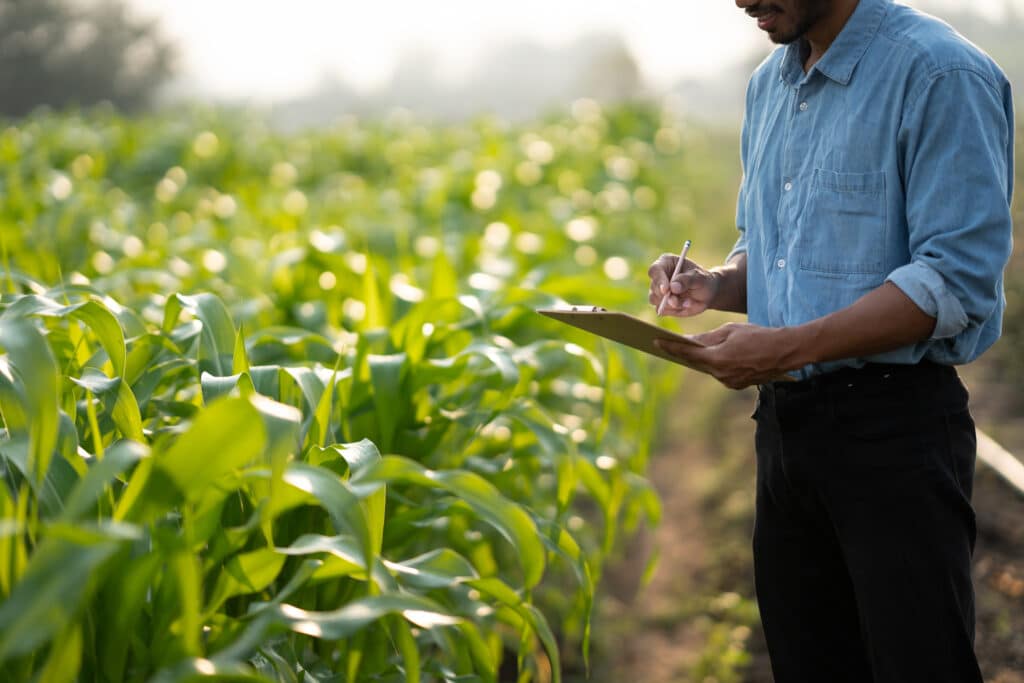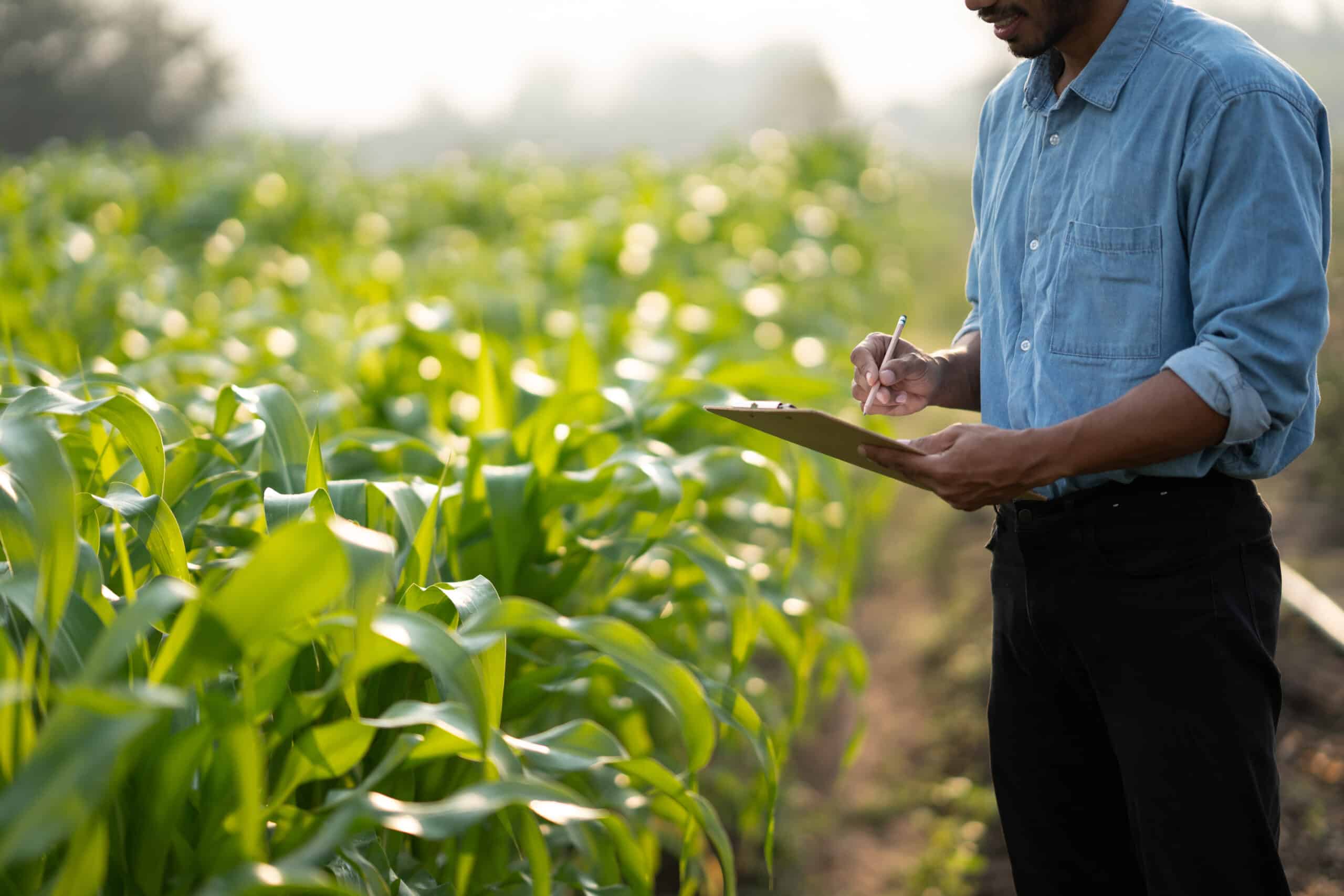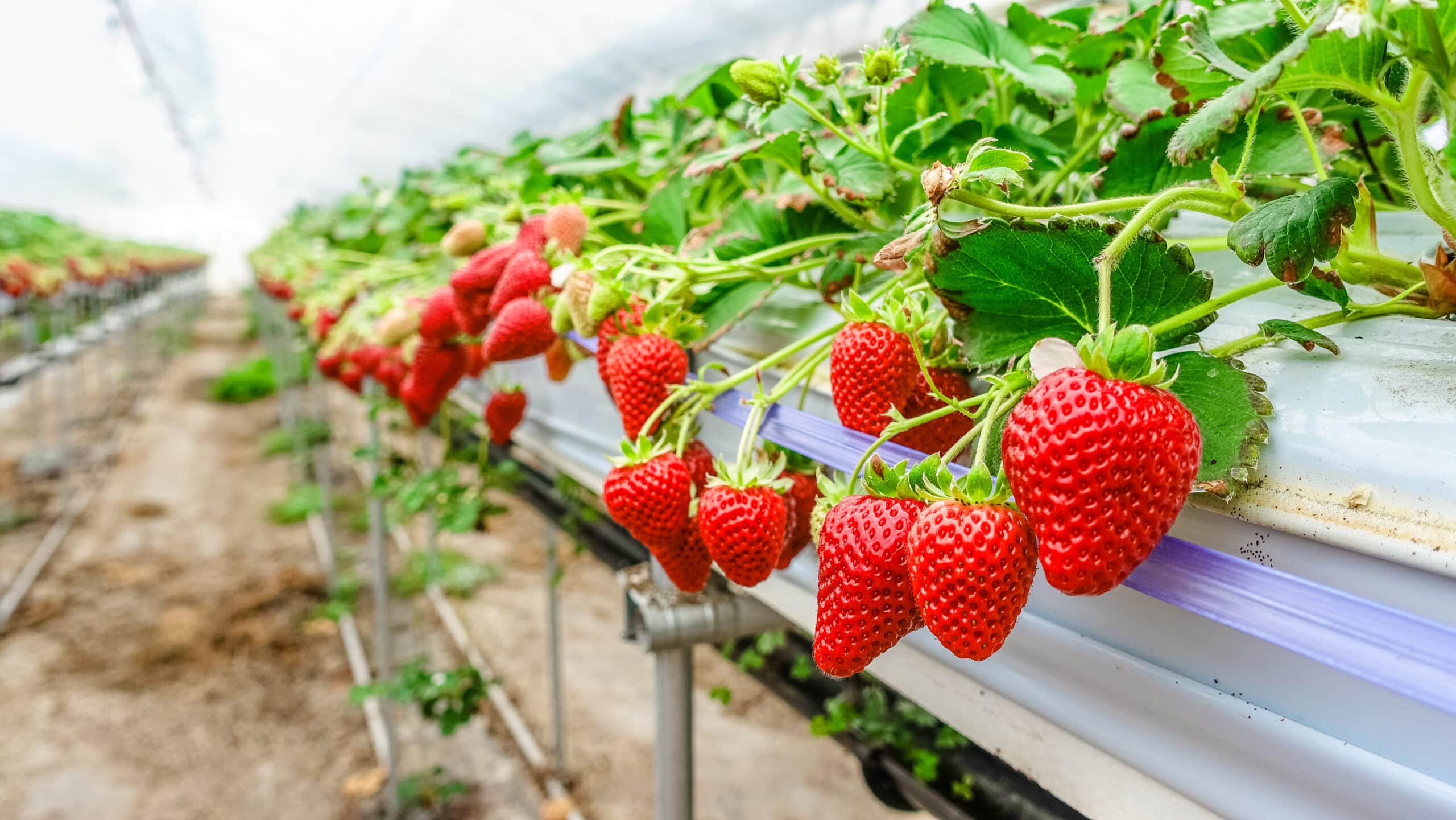It would seem unlikely to suggest an upside to climate change, but a recent academic paper suggests otherwise. A multi-institutional academic report, entitled, The environmental consequences of climate-driven agricultural frontiers, asserts that the change in conditions suitable for the growth of particular crops can be a good thing, particularly in terms of feeding a growing population, once it doesn’t add to existing environmental problems.
While more research has covered the potential for stranded assets as a result of global warming, this document outlines how climate change is driving crop suitability changes in new regions, creating new agricultural frontiers equivalent to over 30% of the agricultural land on the planet.
Forging a new economy without making old mistakes
The authors maintain that opportunities for economic development are arising in these regions and if managed properly, may reduce poverty and food insecurity. Management of the evolving scenario also involves recognising that these new frontiers are a potential source of new greenhouse gas emissions and other environmental impacts including biodiversity and water loss.
Tangibly for the world’s citizens, the change in crop output is becoming apparent in terms of the impact on popular foods and beverages, as cold regions become warmer and warm places become hotter again. Coffee and wine grapes may no longer be viable where once they grew in abundance.
Growing conditions for crops such as coffee and wine grapes are shifting to track climate change.
Startling impact on food and beverage staples
This is potentially disastrous news in countries who have a high reliance on single crops. For example, Ethiopian coffee farmers provide one-third of the country’s export earnings. These farmers are having to go further and further uphill in planting their crops, and similar is being seen in other coffee producing regions such as Indonesia and Peru.
In Europe, warmer seas are seeing North Sea fisherman catch less cod and haddock and more squid and anchovies. The UK is now importing its cod from the North Atlantic nations. Meanwhile, on land, flooding across the continent has seen France experience its lowest production of wine in 60 years.
Across the Atlantic, the corn belt of the Midwest and the northern United States is now drifting across the border into Canada, where once infertile regions are beginning to reap. The crops of the traditional corn belt are being assailed by pests and funguses who thrive under rising temperatures. Increased CO2 reduces essential nutrients like zinc and iron in plants which thrived in established locations.
Careful management required
With the ever-northward expansion of global agriculture, new communities are set to potentially benefit from the new agriculture frontiers, but the authors of the report urge that, “economic development plans are led locally and that local communities are the primary beneficiaries of any land-use change.”
As the new agriculture frontiers in these regions open up, it’s imperative to ensure that countries realise the potential benefits associated with the changing environment without worsening the region and the world’s environmental problems.
Our sustainability and ESG experts guide stakeholders through sustainable management of these new opportunities to ensure they benefit local communities without exacerbating environmental problems. Our experts hold deep insights into environmental challenges such as biodiversity loss, food waste, and resource scarcity, as well as emerging strategies to address them, such as regenerative agriculture, the circular economy, agroforestry, and much more.
To leverage our insights and ensure sustainable, equitable, and environmentally responsible growth, contact us today.














